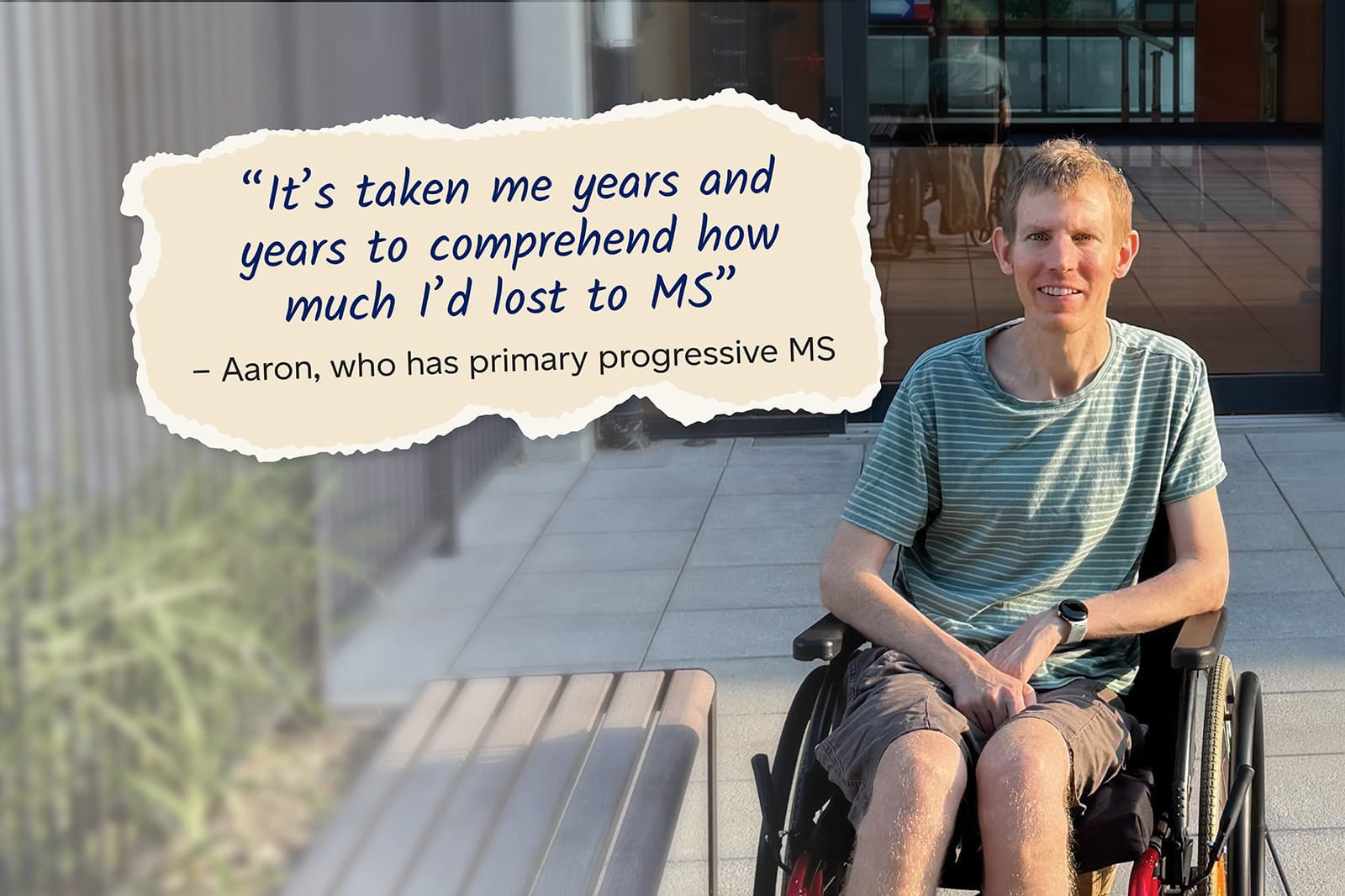Overview
Understanding what causes MS, how and when it occurs in our bodies, remains a research focus, but there are some clear trends that are important to know about. MS can occur at any time, particularly between 20 to 50 years of age, but children and older adults can also get MS. Women are three times more likely to get MS than men.opens in new tab
Genetics
People with MS may have slight gene variations, called polymorphisms. These are healthy genes that don’t fit together well. This means the way the cell works is altered, in particular with the brain, immune system and spinal cord.
The Human Leukocyte Antigen (HLA) gene – also known as Major Histocompatibility Complex or MHC – can play a role in a person developing MS. The HLA gene can be found on the surface of all body cells. It signals your body’s immune system to confirm if a cell is part of your body and therefore shouldn’t be attacked.
If something alters the HLA gene, your body may not be able to protect itself from attacks, which can lead to developing MS.
Infection
While it’s unlikely there’s a multiple sclerosis virus, common viruses such as measles or the common herpes virus, could act as a trigger for MS.
If a person has a virus (that’s either active or dormant in the body), it could disturb the immune system or incorrectly trigger an auto-immune reaction. Having a virus could activate white blood cells (lymphocytes) in the bloodstream, which could enter the brain and weaken its defenses. If these cells enter the brain, it could make the body attack and destroy myelin (which protects nerve cells used to carry messages from your brain and around your body.)

Other potential factors
Other lifestyle factors and habits have been linked to MS, including:
- Smoking: Cigarette smoke damagesopens in new tab cells that line the lungs, potentially weakening the blood-brain barrier
- Geographic location: MS is more common in countries further away from the equator
- Weight: Being overweight or obese may increase your chance of developing MS

Learn more about MS
Support and services
We offer a wide range of services and support to help you manage your health and wellbeing – so you can maintain your lifestyle and achieve your goals.

Access changes everything for Aaron
Aaron found greater access to neurological care and independence at Lidcombe Home, featured in our Autumn Appeal.

Resource hub
Find everything you need to know about living with MS – from managing symptoms and your emotional health to navigating employment and the NDIS.

Speak to someone who understands

